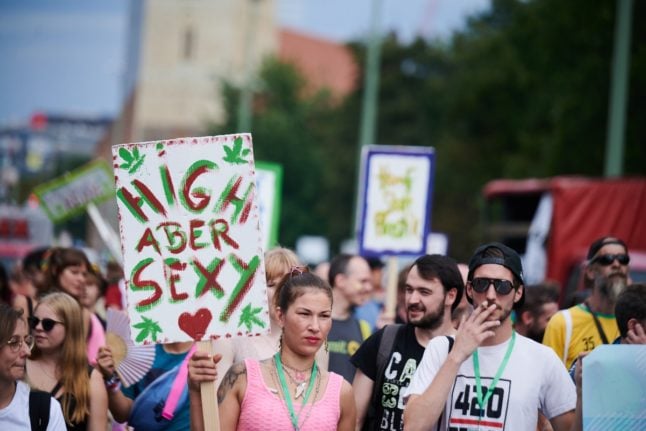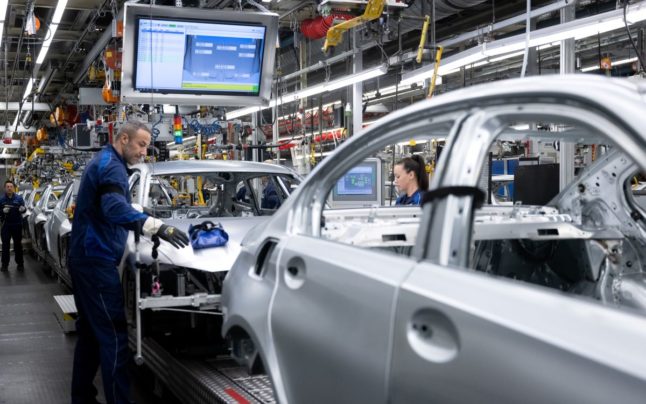Karl Lauterbach, of the Social Democrats (SPD), confirmed in an interview that the cannabis legalisation reform put together by the coalition government will not be introduced at the turn of 2024 as planned.
The Health Minister told the Tagesspiegel newspaper that the debate on the law had been concluded, “even if it does not come into force on January 1st”.
The government’s plan is to pass the first phase of the law in the last week of the Bundestag session this year between December 13th and 15th.
Although the plans do not require the approval of the upper house (Bundesrat), which represents the German states, the Bundesrat must discuss it, just like any other law.
PODCAST: Why Germany wants a cannabis ‘revolution’ and citizenship vs permanent residency
The last Bundesrat session of the year is on December 15th. That means the law will come into force at the earliest following the next Bundesrat meeting on February 2nd 2024.
SPD MP Carmen Wegge, who is part of the team working on the reform, said earlier in November that the timetable would be postponed. “I know that this is a great disappointment for many people. That’s why this decision was not easy for anyone.
“However, well-designed improvements are in everyone’s interest.”
The draft bill provides for cannabis to be removed from the list of prohibited substances in Germany’s Narcotics Act.
The first phase will see the possession of weed (at least up to 25g) decriminalised for adults, and will also allow adults to grow up to three weed plants of their own at home.
It will also allow people to establish heavily regulated, non-profit cannabis ‘members’ clubs’ that grow and sell marijuana to their members.
READ ALSO: How Germany’s future cannabis clubs could work
In a second phase, the government plans to set up so-called “model cities” that will pilot the sale of weed in licensed shops.
But at a recent expert hearing in the Bundestag, it once again became clear how controversial the topic is.
Medical associations, police trade unionists and the German Association of Judges spelled out their opposition to legalisation, while addiction experts and reform-oriented lawyers have spoken of the need for decriminalisation.
Earlier this year, Wegge told The Local’s Germany in Focus podcast that the aim was to crack down on the black market and create safe avenues for a drug that many people consume regardless of whether it’s illegal or not.
READ ALSO: INTERVIEW – ‘This is the year of cannabis legalisation in Germany’
She said: “In Germany we have a lot of people consuming cannabis, and these people are consuming cannabis from the black market.
“In the last few years, the quality of the cannabis on the black market is getting worse and worse with synthetic cannabinoids and stuff like that, so a lot of people who are consuming cannabis – and it doesn’t matter if it’s legal or illegal – are consuming cannabis in a bad way.”



 Please whitelist us to continue reading.
Please whitelist us to continue reading.
Member comments